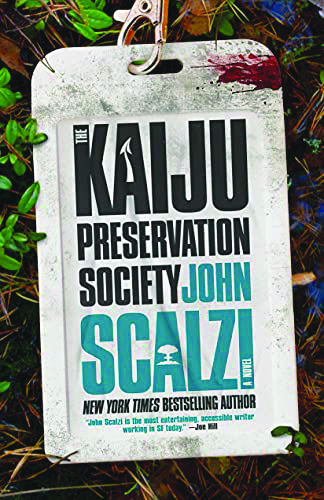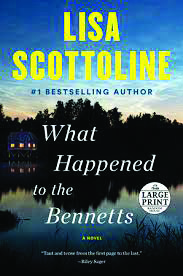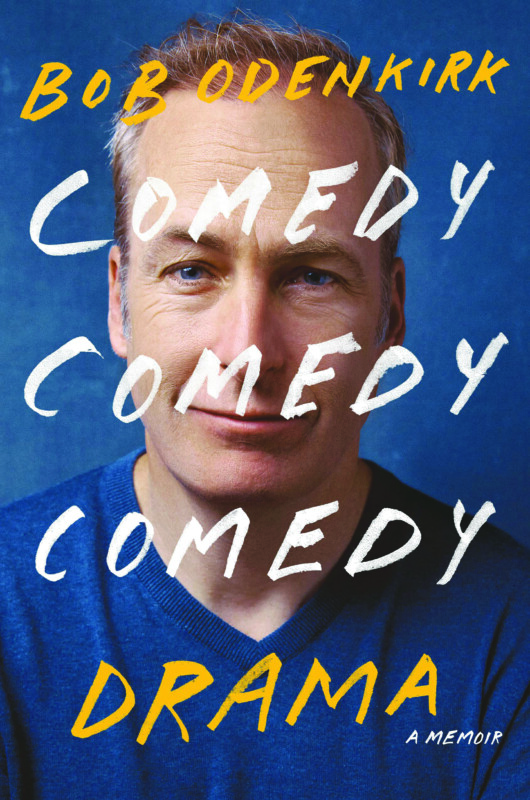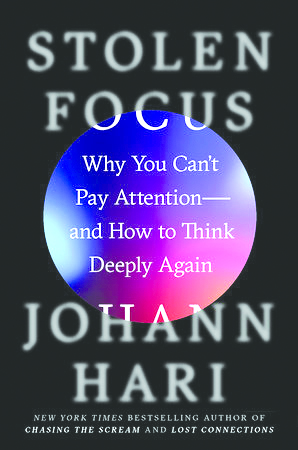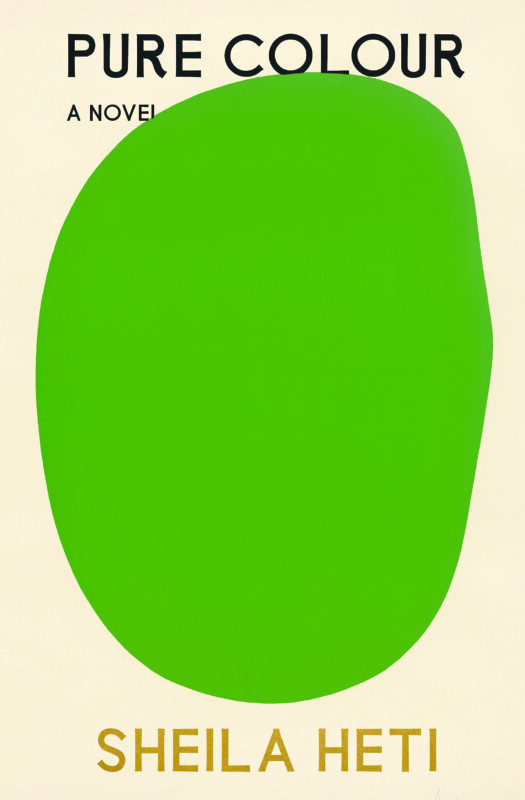The Kaiju Preservation Society, by John Scalzi (Tor, 258 pages)
What kind of creature is Godzilla? If you answered “giant lizard,” you’ve got lots of company, but you’re wrong.
Godzilla and other movie monsters out of East Asia have a formal name — kaiju — which translates roughly to “strange beast.” And kaiju are at the center of the new novel by John Scalzi, a popular writer of science fiction who lives in Ohio. The Kaiju Preservation Society is a fun and engaging story that perfectly entwines the real life of the past two years with an alternative universe where kaiju dwell.
It begins with the untimely firing of Jamie Gray, a well-educated employee of a DoorDash-type startup that calls its gig workers “deliverators” and requires them to announce that it is their “passion” to deliver their customers’ vegan egg rolls and Korean fried chicken.
Jamie loses his job at the start of the pandemic and can’t find anything else, so he’s reduced to delivering for his former employer to pay his bills. One of his regular customers on the Lower East Side of New York turns out to be someone he vaguely knew, and they strike up a conversation about why a former Ph.D. candidate is now delivering food. (The sly punchline: “I was looking down the barrel of adjunct professorships for the rest of my life.”)
As it turns out, the customer, named Tom Stevens, has a job opportunity for Jamie, because one of his team members had just come down with Covid-19. He doesn’t explain much about the job — only that it’s for an “animal rights organization” that works with large animals, and that the job requires only “a warm body that can lift things.” It turns out to be a job that pays extremely well, includes a $10K signing bonus and even covers his monthly rent and student-loan payments.
Jamie is desperate enough for a reliable income that he accepts the position with no further information. And he doesn’t back down even when the recruiting officer tells him that the animals are “very wild, very dangerous” and that death is a possible outcome of employment, so he would need a will, an alarming number of shots and a Covid test involving a “a cotton swab through my nostril all the way back to my brain.”
By this point, Jamie has established himself as a totally endearing narrator, possessed of a snarky sense of humor that could have gotten him a job as a writer for late-night TV. (When the recruiter asks if he has any dietary restrictions, Jamie says he disdains vegan cheese because it is “orange and white sadness that mocks cheese and everything it stands for.”)
And Scalzi is a master at crafting snappy dialogue seeded with bon mots, making the story flow easily, even when it leaves the solid footing of early pandemic life in the U.S. and flies into another dimension enabled by nuclear explosions, where an Earth look-alike is populated with strange flying beasts the size of small mountains and other strange animals.
Yeah, it’s weird, and it gets even weirder when there are billionaire tourists who come to this alternative Earth to “pet the monsters.” And when a complication is revealed that threatens life on the “real” Earth, requiring Jamie to do much more than the “lifting things” he signed on to do.
It’s pretty astonishing that Scalzi was able to craft a science-fiction story that so perfectly aligns with the pandemic, while even throwing in a lot of talk about nuclear bombs, which definitely weren’t in the conversation in March 2020 but suddenly are now a foreboding part of the news. It’s even more astonishing that Scalzi wrote this one in the span of two months — February and March 2021. (There’s a super interesting back story to how that happened that Scalzi reveals in his author’s note, and that alone is worth the price of the book, especially if you’ve ever had a malign computer eat your work.)
Although there are shades of Jurassic Park here, The Kaiju Preservation Society is not preachy or brooding; it’s more like a timeline cleanser on Twitter, something light and fun and memorable. I wasn’t surprised to learn that it’s already been picked up by Fox Entertainment for serialization.
B+
Book Notes
At the recent Grammy Awards, rapper Jay-Z became the artist with the most lifetime nominations, with a total 83. The person he surpassed is Quincy Jones, who had 80 nominations between 1961 and 2019.
But Jones is far from retired and is out with a new book. 12 Notes: On Life and Creativity (Abrams Image, 192 pages) is described by the publisher as a “self-development guide,” which sounds a couple of bars better than self-help. The youngest millennials may not be familiar with Jones, but they’ll know the artist who wrote the foreword, The Weeknd, who says that Jones “changed not only the course of my life, but the course of history.”
On the subject of history, there are also two new books about royalty — the American kind, and the British monarchy.
American royalty, of course, would be the Kennedys, and journalist Neal Thompson has written what looks to be an engrossing account of the first couple of that lineage to arrive on U.S. soil. Bridget and Patrick Kennedy were poor Irish Catholics, and when Patrick died of tuberculosis at age 35, his body had to be carted outside of Boston because the city didn’t allow his kind to be buried in its cemeteries.
Thompson began researching the couple after covering the plane crash that took the life of John F. Kennedy Jr. in 1999, and early reviews of The First Kennedys (Mariner, 352 pages) are great.
Then there’s Queen of Our Times, a biography of Queen Elizabeth II, by Robert Hardman. You’ll have to be a serious fan of the monarchy to get through this, coming in at 690 pages (Pegasus Books). Then again, she’s been queen for seven decades, so there was a lot to write about.
For less history and more gossip, you’ll have to wait a few weeks for Tina Brown’s The Palace Papers (Crown, 592 pages), a follow-up to her 2007 bestseller The Diana Chronicles. It releases April 26.
Book Events
Author events
• MAGGIE SHIPSTEAD Author presents The Great Circle. Virtual event hosted by Gibson’s Bookstore in Concord. Wed., April 13, 6 p.m. Visit gibsonsbookstore.com or call 224-0562.
• EMMA LOEWE Author presents Return to Nature: The New Science of How Natural Landscapes Restore Us, in conversation with author Hannah Fries. Virtual event hosted by Gibson’s Bookstore in Concord. Wed., April 13, 7 p.m. Registration is required. Held via Zoom. Visit gibsonsbookstore.com or call 224-0562.
• MARIE BOSTWICK Author presents her new book The Restoration of Celia Fairchild. Bookery, 844 Elm St., Manchester. Fri., April 15, 5:30 p.m. Visit bookerymht.com or call 836-6600.
• ANNE HILLERMAN Author presents The Sacred Bridge. Virtual event hosted by Gibson’s Bookstore in Concord. Tues., April 19, 7 p.m. Held via Zoom. Registration is required. Visit gibsonsbookstore.com or call 224-0562.
• BRANDON K. GAUTHIER Author presents Before Evil: Young Lenin, Hitler, Stalin, Mussolini, Mao, and Kim. Gibson’s Bookstore, 45 S. Main St., Concord. Wed., April 27, 6:30 p.m. Visit gibsonsbookstore.com or call 224-0562.
Poetry
• DOWN CELLAR POETRY SALON Poetry event series presented by the Poetry Society of New Hampshire. Monthly. First Sunday. Visit poetrysocietynh.wordpress.com.
Writers groups
• MERRIMACK VALLEY WRITERS’ GROUP All published and unpublished local writers who are interested in sharing their work with other writers and giving and receiving constructive feedback are invited to join. The group meets regularly; the next meeting is scheduled for Tues., April 5, from 5 to 7:15 p.m., and will be held virtually over WebEx Meetings. To reserve your spot, email [email protected].
Writer submissions
• UNDER THE MADNESS Magazine designed and managed by an editorial board of New Hampshire teens under the mentorship of New Hampshire State Poet Laureate Alexandria Peary. features creative writing by teens ages 13 to 19 from all over the world, including poetry and short fiction and creative nonfiction. Published monthly. Submissions must be written in or translated into English and must be previously unpublished. Visit underthemadnessmagazine.com for full submission guidelines.
Book Clubs
• BOOKERY Monthly. Third Thursday, 6 p.m. 844 Elm St., Manchester. Visit bookerymht.com/online-book-club or call 836-6600.
• GIBSON’S BOOKSTORE Online, via Zoom. Monthly. First Monday, 5:30 p.m. Bookstore based in Concord. Visit gibsonsbookstore.com/gibsons-book-club-2020-2021 or call 224-0562.
• TO SHARE BREWING CO. 720 Union St., Manchester. Monthly. Second Thursday, 6 p.m. RSVP required. Visit tosharebrewing.com or call 836-6947.
• GOFFSTOWN PUBLIC LIBRARY 2 High St., Goffstown. Monthly. Third Wednesday, 1:30 p.m. Call 497-2102, email [email protected] or visit goffstownlibrary.com
• NASHUA PUBLIC LIBRARY Online. Monthly. Second Friday, 3 p.m. Call 589-4611, email [email protected] or visit nashualibrary.org.

